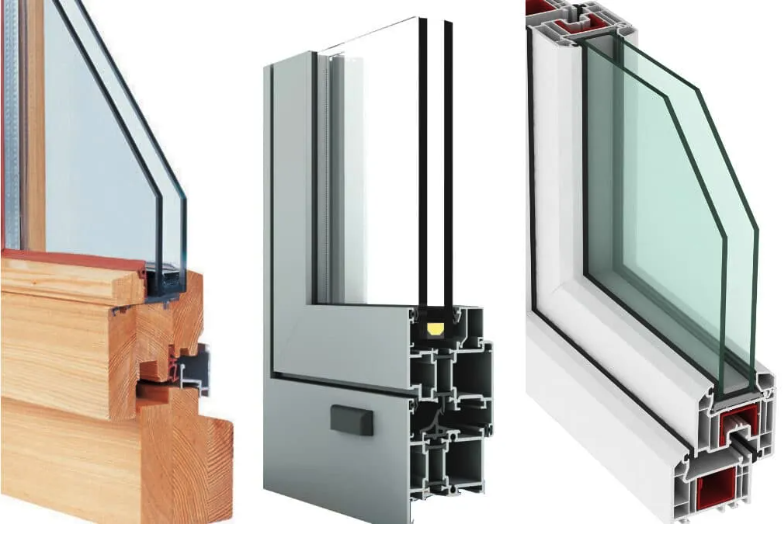Choosing the right windows for your home in Wellington is crucial due to the city’s unique climate conditions, including its notorious wind and varying temperatures throughout the year. When it comes to selecting window materials, UPVC (unplasticized polyvinyl chloride) and aluminium stand out as two of the most popular choices, each offering distinctive benefits and drawbacks. Let’s explore the pros and cons of UPVC and aluminium windows to help Wellington homeowners make an informed decision.
Durability and Maintenance
Aluminium windows are renowned for their durability and strength, making them an excellent choice for Wellington’s windy conditions. They can withstand high winds and are not prone to warping or bending. Aluminium is also resistant to corrosion, ensuring a longer lifespan even in coastal areas where salt air is prevalent. In terms of maintenance, aluminium windows require minimal effort; a simple wipe down with a damp cloth is often enough to keep them looking new.
UPVC windows, on the other hand, are known for their resilience and can last many years without showing signs of wear. They are resistant to rot, rust, and corrosion, which is beneficial in the humid Wellington climate. UPVC windows are also low maintenance, needing only a periodic clean to remove dirt and grime.
Thermal Efficiency and Insulation
One of the key considerations for Wellington homeowners is the thermal efficiency of windows, given the city’s temperature fluctuations. UPVC windows have excellent insulation properties, helping to keep homes warm in the winter and cool in the summer. This is due to the material’s low thermal conductivity, which effectively reduces heat transfer. Consequently, UPVC windows can help lower heating bills and provide a comfortable indoor environment year-round.
Aluminium windows have historically been less efficient than UPVC in terms of insulation. However, modern aluminium windows come with a thermal break that significantly improves their insulating ability. While this makes them more comparable to UPVC windows in terms of energy efficiency, UPVC still generally holds a slight edge in this category.
Aesthetics and Design Flexibility
Aluminium windows offer a sleek, modern aesthetic that is highly sought after in contemporary home design. The material’s strength allows for slimmer frames and larger panes of glass, maximizing natural light and views. Aluminium frames can be powder-coated in a wide range of colours, providing versatility to match any home exterior.
UPVC windows have improved aesthetically over the years and now come in various finishes and colours, including wood grain effects that mimic traditional timber frames. While they offer good design flexibility, UPVC frames tend to be thicker than aluminium, which might not suit all architectural styles.
Cost
When it comes to cost, UPVC windows are generally more affordable than aluminium windows. This makes UPVC an attractive option for homeowners on a budget. However, the initial savings should be weighed against the long-term benefits, such as energy savings and durability, that both types of windows offer.
Conclusion
Choosing between UPVC and aluminium windows for your Wellington home depends on various factors, including your budget, design preferences, and specific needs regarding durability and thermal efficiency. UPVC windows offer excellent insulation and affordability, making them ideal for those prioritizing energy efficiency and cost. Aluminium windows, meanwhile, provide unmatched durability and a modern aesthetic that can elevate the appearance of any home. Both options have their merits, and ultimately, the best choice will align with your priorities and the unique demands of Wellington’s climate.


